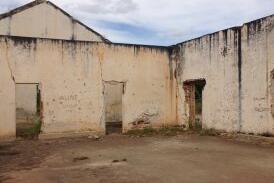As places of exception and mass incarceration, the camp constitutes a space set apart outside the boundaries of legal and civil rights. Camps are intimately related to the era of colonization and its attendant processes of invasion, occupation, disruption and relocation. They are nodes of state power and spatial manifestation of a society that periodically splinters into distinct categories based on belonging or non-belonging. This working group centers its focus on the space of the camp, in an interdisciplinary context, to explore how its ‘architectures’ have operated to shape, detain and enable particular forms of movement shifting between various nation-states and periods of time.
We situate the ‘camp’ within broader interdisciplinary literature. We begin our scholarly discussions with a focus on global refugees, refugee camps and the uses of camps in broader temporal and spatial contexts during wartime and in histories of militarization in addition to the place of camps in urbanization discourses at sites of occupation, protest and homelessness. While led by graduate students from the Architecture department, we invite broader engagement with interdisciplinary literature and hope to formalize collaborations with existing peers, colleagues and working groups who are actively studying the site of the ‘camp’ from wide-ranging perspectives.
We aim to develop consensus on two major questions which animate our Working Group:
How do the architectures of camps and confinement landscapes function beyond normative humanitarian, critical military studies, war and area studies discourse?
What does it mean to take seriously the shape, form and spatial arrangements of these sites in a variety of environments?

